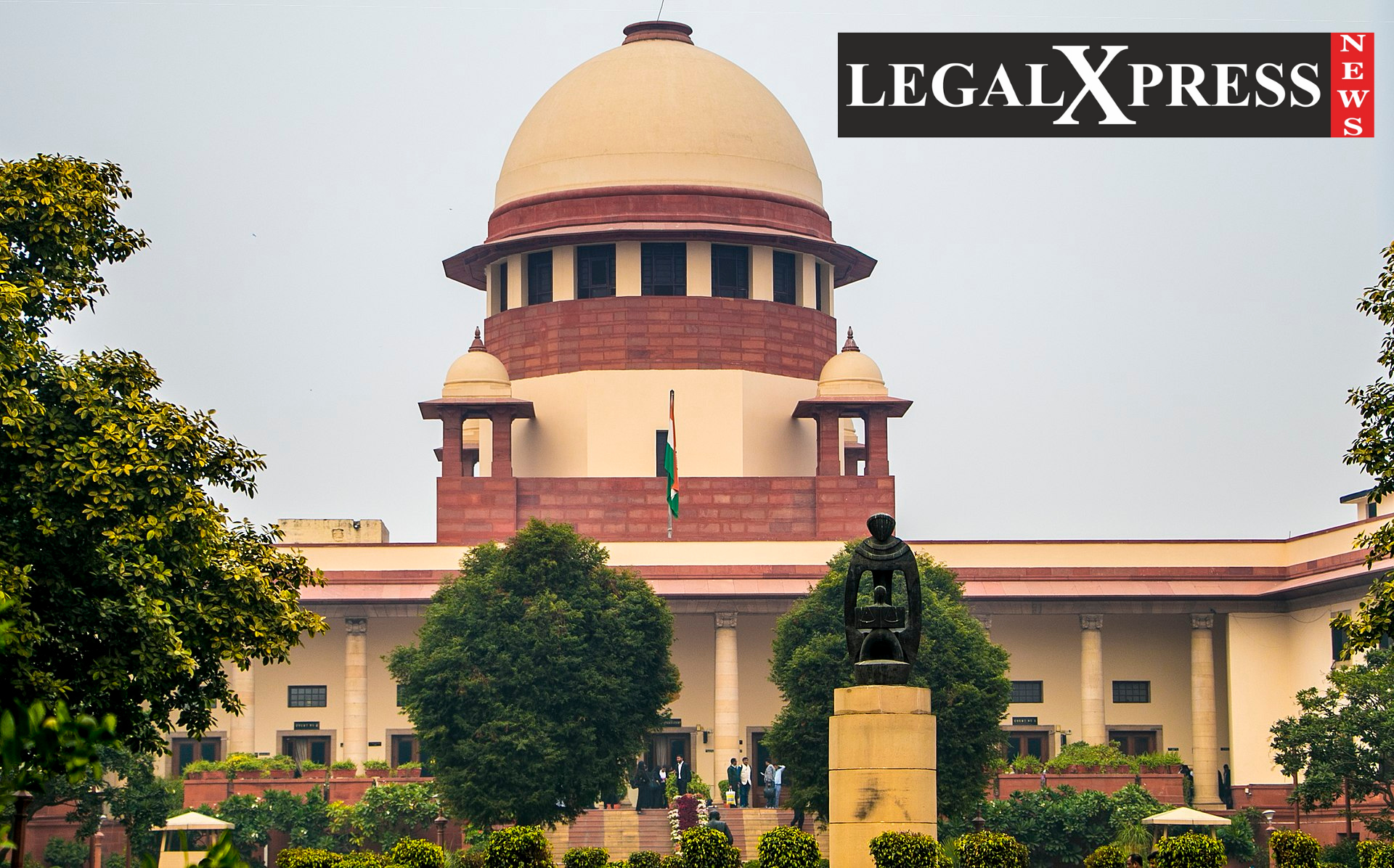 An application under Section 311 CrPC cannot be dismissed merely on the ground that it will lead to filling in the loopholes of the prosecution's case
An application under Section 311 CrPC cannot be dismissed merely on the ground that it will lead to filling in the loopholes of the prosecution's case
|
The Supreme Court observed that an application under Section 311 CrPC cannot be dismissed merely on the ground that it will lead to filling in the loopholes of the prosecution's case.
The Supreme Court stated that a Section 311 CrPC application cannot be denied only because it may help close legal gaps in the prosecution's case. The bench made up of Justices DY Chandrachud and AS Bopanna noted that the power must be used if the court determines that any evidence is necessary for the just resolution of the matter and is not restricted by the closing of evidence. On November 18, 2015, a lawyer was discovered brutally killed outside his office. Five suspects were detained. Because the document the prosecution sought to summon does not form a part of the investigation and the document has not been obtained during the investigation; the Sessions Court rejected an application under Section 311 CrPC seeking to summon the nodal officers of certain cellular entities along with the decoding register to trace the mobile location of the accused. The trial judge also noted that the prosecution's evidence was conclusive. This order was sustained by the High Court. The dead lawyer's widow filed a complaint with the Apex Court contesting these rulings. Before the Apex Court, the accused raised objections regarding the maintainability of the appeal at the behest of the spouse of the deceased. In this regard, the court noted that the application for the summoning of witnesses and the production of the decoding register was submitted by the State. Hence, the bar contained in Section 301 does not stand in the way, the court held. The court next considered the application of Section 311 CrPC, which states that the court "may" call any person as a witness or call any person present for questioning even if they have not been called as a witness; and call back and re-call any person who has already been questioned. This authority may be used at any point during any investigation, trial, or other CrPC action. The Court "must" summon and examine or recall and re-examine any such individual, according to Section 311's last clause, if the Court believes that his testimony is crucial to reaching a fair verdict in the matter. A comprehensive range of powers is granted to the Court by Section 311. To meet the statute's goal of assisting in the pursuit of truth, the legislative provision must be construed purposefully. The law provision's opening clause, which begins with the word "may," assumes that the authority may be used at any point throughout an investigation, trial, or other action. The phrase "must" summon and examine or recall and re-examine any such individual if his testimony appears to it to be relevant to the fair determination of the matter in the provision's last clause necessitates the recall of a witness by the Court. The standard by which the Court's judgement must be judged is the need for the examinee's testimony in light of the case's requirement for a just resolution. The statutory provision has two parts: a discretionary portion and an obligatory portion. The closing of evidence has no bearing on the court's authority. The necessity of justice is to control the expansive powers granted by Section 311. Wherever the court determines that any evidence is necessary for a proper conclusion to the case, the power must be used. The statutory clause emphasises that the court is not a helpless bystander in the tainted course of justice. Contrarily, the court has a crucial duty to fulfil in ensuring that the reason for finding the truth as a supporter of the achievement of justice is evident. The demand for fairness shall govern the extensive powers under Section 311. Wherever the court determines that any evidence is necessary for a proper conclusion to the case, the power must be used. The statutory clause emphasises that the court is not a helpless bystander in the tainted course of justice. Contrarily, the court has a crucial duty to fulfil in ensuring that the reason for finding the truth as a supporter of the achievement of justice is evident.
Tags : #Section 311 CrPC #Supreme Court #DY Chandrachud
Copyright A unit of White Code Global Consulting Pvt Ltd. All rights reserved. Unless otherwise indicated, all materials on these pages are copyrighted by A unit of White Code Global Consulting Pvt Ltd. All rights reserved. No part of these pages, either text or image may be used for any purpose. By continuing past this page, you agree to our Terms of Service, Cookie Policy, Privacy Policy and Content Policies.